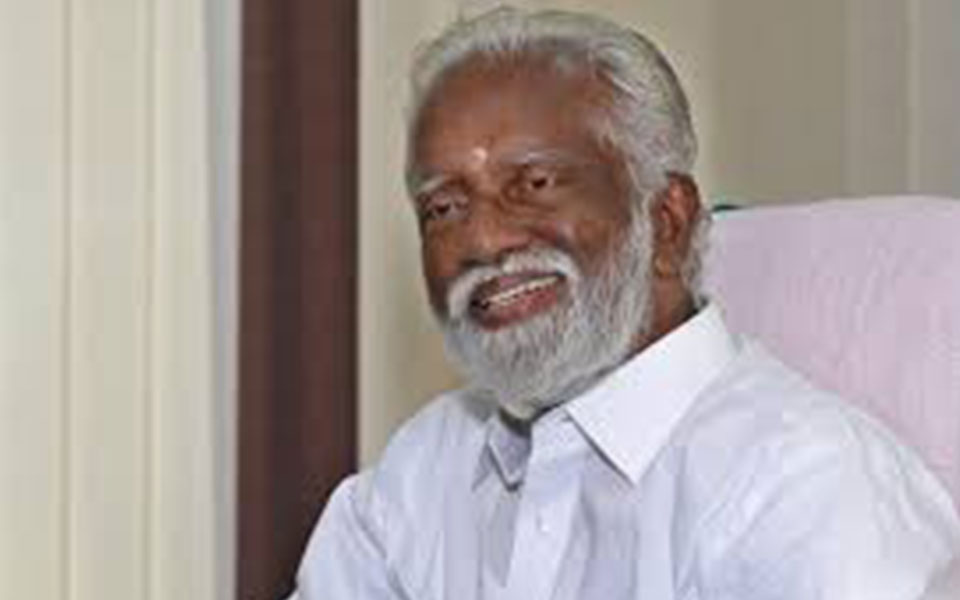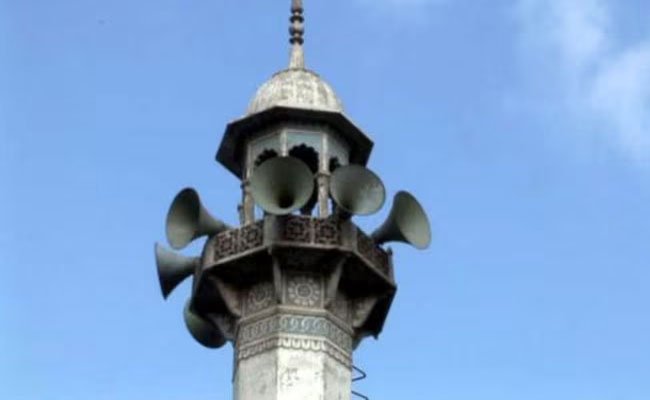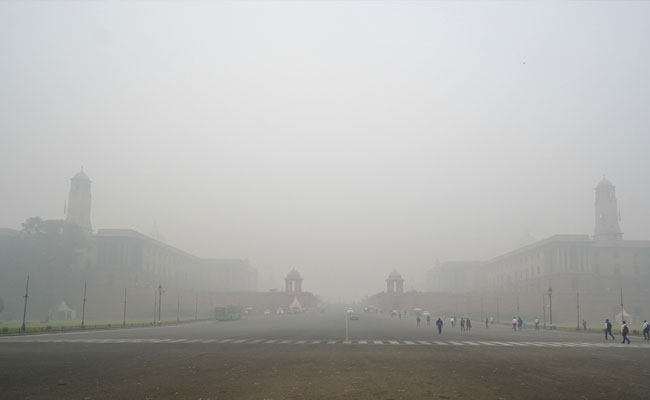Aizawl, May 29: Kummanam Rajasekharan, who was the BJP's Kerala unit chief and a RSS activist, was on Tuesday sworn-in as the 23rd Governor of Mizoram.
Gauhati High Court Chief Justice Ajit Singh administered the oath of office to the new Governor at a simple ceremony in the Durbar hall of Raj Bhavan here.
Chief Minister Lal Thanhawla, his cabinet colleagues, Chief Secretary Arvind Ray, leaders of various political parties, senior civil and police officials and other dignitaries were present in the swearing-in-ceremony.
President Ram Nath Kovind appointed Rajasekharan as the Governor of Mizoram, which has earned the dubious distinction of seeing ten governors since BJP-led National Democratic Alliance government came to power in May 2014.
He succeeded Lt. General Nirbhay Sharma (retd), whose tenure ended on Monday.
Rajasekharan began his political career as a Rashtriya Swayamsevak Sangh (RSS) activist in the 1970s and became chief of the Bharatiya Janata Party's Ker unit in 2015.
Several organisations including Global Council of Indian Christians (GCIC) and People's Representation for Identity and Status of Mizoram (PRISM) had opposed Rajasekharan's appointment.
These organisations in separate statements said that "he was not suitable for the Governor's post as he is an "active member of the RSS and was involved with the Vishwa Hindu Parishad".
"Posting a "political person" with an RSS background in could impact politics in Mizoram," the PRISM said in its statement.
Elections to the 40-seat assembly in the Christian-dominated Mizoram assembly would be held this year end.
Let the Truth be known. If you read VB and like VB, please be a VB Supporter and Help us deliver the Truth to one and all.
Jamshedpur (PTI): One person was arrested on the charge of raping a 30-year-old woman with speech impairment in Jamshedpur, a police officer said on Tuesday.
The incident occurred in the Azadnagar police station area of the city, and a case in this regard was registered based on the statement of the victim's brother on Monday.
The victim had gone to fetch water from the premises of a company on Monday evening. When she did not return even after a considerable time, family members went out in search of her and caught the accused red-handed, police said.
ALSO READ: BJP accuses Karnataka govt of 'failing' to prevent noise pollution caused by 'azaan'
The accused was a caretaker of the company.
Deputy Superintendent of Police (Patamda) Bachandeo Kujjur said due to scarcity of water in the area, the victim used to fetch water from the premises of the company.





